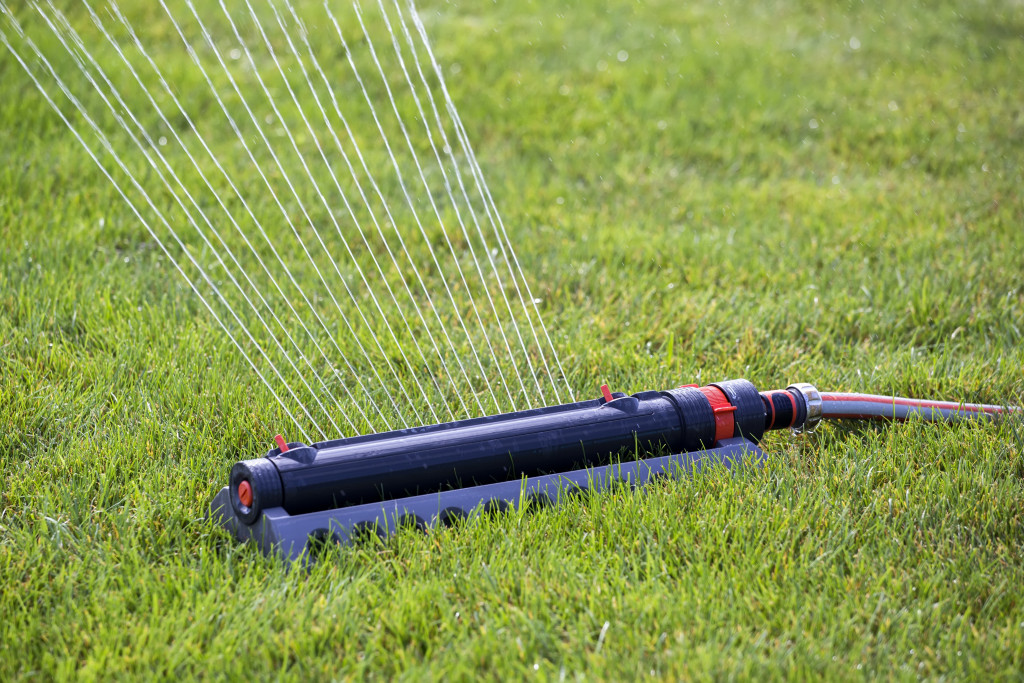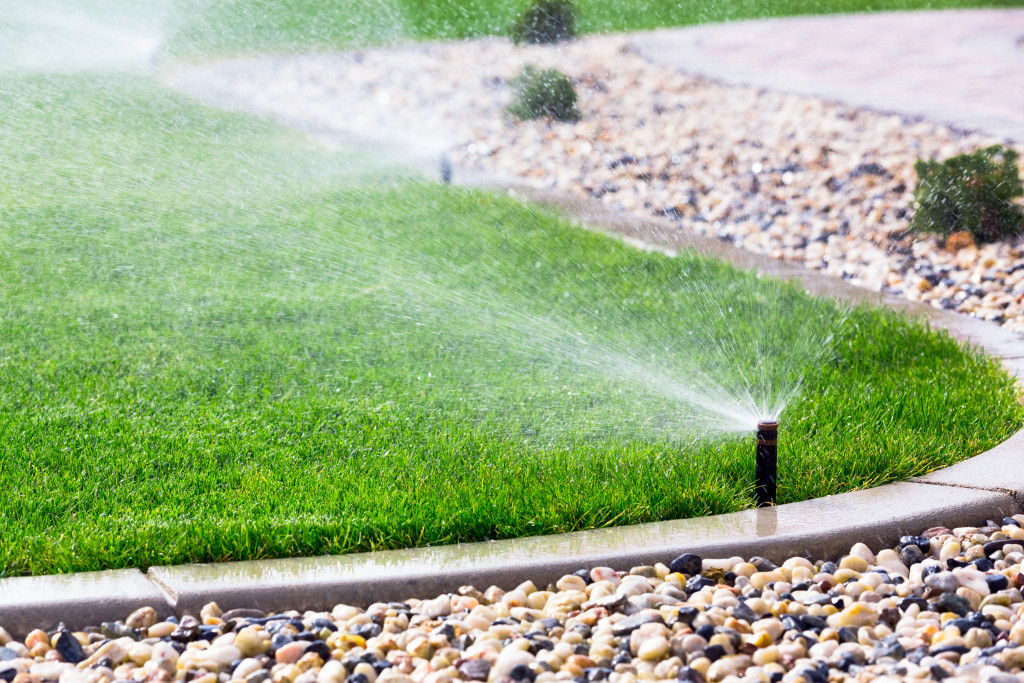Suppose you want a sustainable backyard. It’s an excellent place to start if you’re aiming to make your home as green as possible in the coming years. That said, you’ve likely already fallen victim to the prevalent idea that sustainability is expensive and complicated. Many tips and tricks are floating around the Internet about the best organic products and natural stones that will make your yard look good and beneficial to the environment.
While all of these ideas are good, they don’t exactly tackle the heart of the problem. Worse, they make sustainability inaccessible to most households. This is why diving into it with the most practical tips is the best way to start. By following the ideas presented here, you’ll feel less pressured to make extravagant changes and more focused instead on taking steps that indeed count.
Research Green Resources
One of the most prevalent misconceptions about sustainability is that green options are always more expensive. The truth is that it takes only a little digging to find alternatives that fit your budget. As more and more green companies pop up in each industry, people find it easier to discover new brands that work for them.
The trick is to always look for options within your region or a local brand with a nationwide reach. You should also check whether they genuinely are sustainable and how they manage to do this. Finding reliable contractors is especially important for your pavers and fences. An example of such a product is the Trex horizontal fencing, which is not only stunning but is also made up of 95 percent recycled materials.
Don’t get discouraged by the amount of research this entails. The payoff is a superior product that makes a huge difference in the environment.
Cultivate the Plants You Have
It happens all too often that homeowners get their backyard cleared so that they can start anew. Nothing is less sustainable than that. Your backyard has an existing ecosystem, after all, and disrupting that can be harmful to your soil, your plants, and the species that thrive in them.
What you’ll want to do is to get everything trimmed to tidy up your backyard and assess how you can cultivate the ones you want to keep. By principle, you’ll want to remove the invasive plants choking up the native ones and some non-natives that detract rather than adding to the ecosystem.
Choosing to cultivate your existing native plants saves you time and money since these are the ones that are designed to thrive in your soil type and climate. Furthermore, they provide the habitat that species in your region need to survive.

Avoid Wasteful Irrigation
Water is one of the world’s most valuable resources, yet many households waste it daily in staggering amounts. If you think you are guilty of this, know that it’s not too late to make a difference. You can begin by forgoing your sprinkler or by making wiser choices about the type you buy and how you use it.
You also save water by choosing highly permeable materials for your walkways and decks, such as resin-bound systems and block paving. Since the water seeps right through them, runoff is prevented, and the ground beneath gets to absorb them.
Perhaps the most underrated tip of all is collecting rainwater. You’ll be amazed at how well this can impact your utility bill and make watering your garden guilt-free. There are many ways you can do this. The most popular option is to connect your roof gutter to a pipe that directs the water to bulky containers. This is more effective than just leaving out containers whenever it rains. Look for the method that suits your home and your lifestyle so that you can avoid wasteful irrigation.
Fix Compacted Soil
If you haven’t been taking care of your soil, then there’s a huge chance that it’s compacted. Compacted soil prevents your plants from establishing healthy roots, leading to inadequate nourishment and even death. In the worst cases, your soil could be so compressed that it leads to flooding.
To fix compacted soil, you have to find ways to aerate it. If you have the budget, you can buy or rent a machine that serves this purpose. Otherwise, you can compost or introduce earthworms to your garden.
Sustainable Options Are Simple
Different households achieve sustainability differently. Instead of comparing, focus on the goal and think about how your actions contribute to the environment’s healing. Another benefit of starting simple is that you become more open to the small things you can do daily that make the most significant impact. It’s certainly a worthwhile endeavor that you won’t regret.

